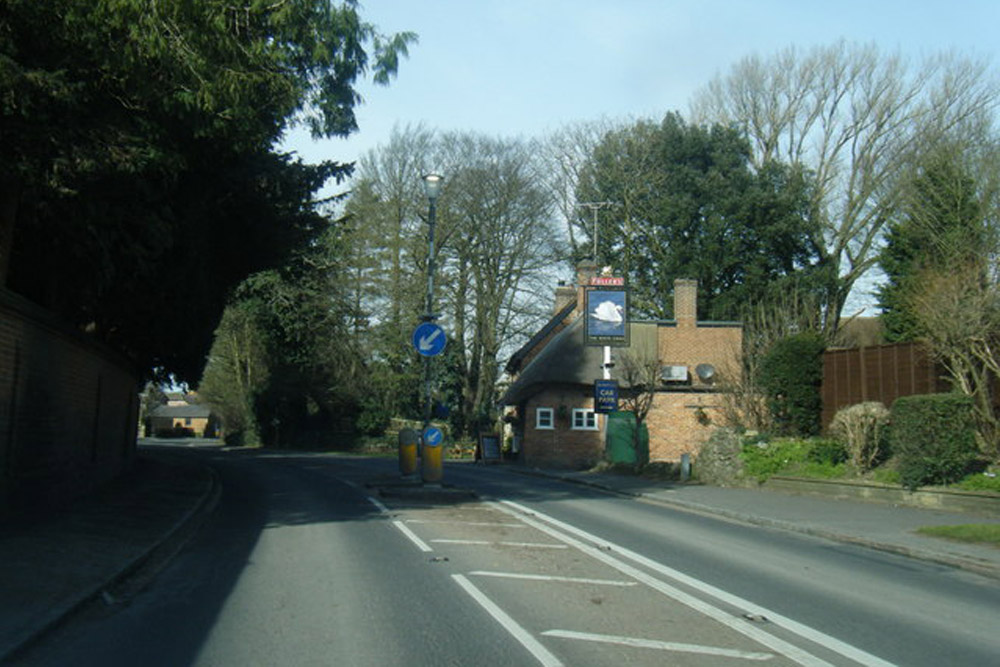Jefferis, Millis Rowland
- Date of birth:
- January 9th, 1899 (Merstham/Surrey, United Kingdom)
- Date of death:
- September 5th, 1963 (Porthgwarra/Cornwall, United Kingdom)
- Nationality:
- British
Biography
Military career:
1 June 1929: Captain
6 June 1938: Major
15 May 1945: Acting Major-General
14 July 1945: Substantive colonel
20 November 1945: Temporary Brigadier
1947: Temporary Major-General
1 November 1947: Substantive brigadier
8 March 1950: Brigadier
18 August 1953: Honorary Major-General
Do you have more information about this person? Inform us!
- Rank:
- Lieutenant
- Awarded on:
- June 12th, 1923
- Period:
- Second World War (1939-1945)
- Rank:
- Major
- Awarded on:
- December 2nd, 1940
- Period:
- Second World War (1939-1945)
- Rank:
- Acting Brigadier
- Unit:
- 1st Field Squadron R.E.
- Awarded on:
- August 11th, 1942
Jefferis had eventually found himself with the Germans behind him. Picking up a sergeant and two privates, he had succeeded in making his way back to Andalsnes; and on the way he had managed to blow up the girders of two bridges on the German side. He estimated that it would take some three weeks to repair these. At Andalsenes the conditions of air attack had been such as to make it quite impossible to walk down to the jetty during daylight hours. He had spent a day in a sloop in the harbour at which thirty bombs had been aimed. None had hit, but the immunity of a ship under such conditions could only be, in Major Jefferis’s opinion, a matter of time, and he calculated that his life would probably not be more than three days.
The general conclusion which he (the Prime Minister) drew from Major Jefferis’s account was that it was quite impossible for land forces to withstand complete air superiority of the kind which the Germans had enjoyed in Norway. This made it all the more imperative to the success of our operations at Narvik that we should establish air bases in that area, not only for fighters, but also for bombers."
- Account of The Prime Minister to the War Cabinet of the report which had been made personally to him by Major Jefferis.
With sword
- Period:
- Second World War (1939-1945)
- Rank:
- Major General
- Awarded on:
- August 17th, 1945
- Period:
- Second World War (1939-1945)
Sources
- - https://www.thegazette.co.uk/London/issue/35660/supplement/3493/data.pdf
- https://www.thegazette.co.uk/London/issue/35020/supplement/7200
- https://www.thegazette.co.uk/London/issue/32833/page/4134/data.pdf
- https://www.thegazette.co.uk/London/issue/37227/supplement/4183
- https://www.thegazette.co.uk/London/issue/37227/supplement/4184/data.pdf
- The National Archives, CAB 65/7/1, Conclusion of a Meeting of the War Cabinet held at 10 Downing Street, SW1, on Wednesday, May 1, 1940 at 10:30 am, pp. 5–6






